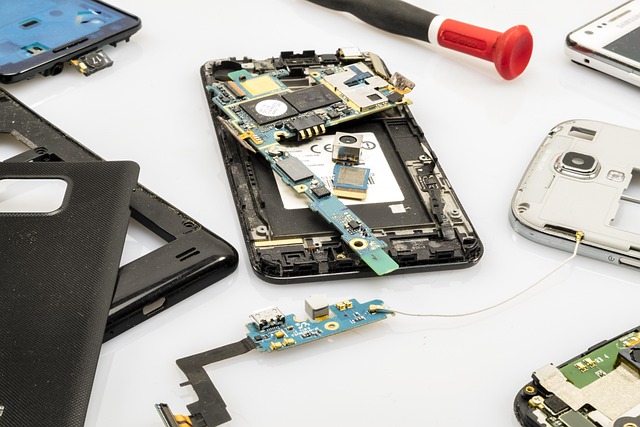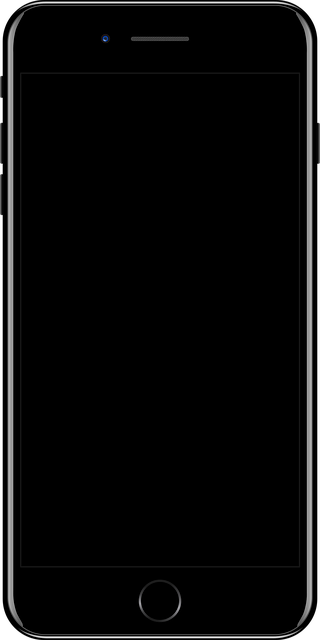North Carolina's Do Not Call laws protect residents from unwanted telemarketing and spam calls. Consumers can register on the DNC registry via the NCPUC website, blocking calls from law firms and incurring penalties for violations. Consulting a Do Not Call Lawyer North Carolina ensures compliance and privacy under state Spam Call laws, helping resolve disputes and protect numbers from unauthorized calls.
In North Carolina, understanding and adhering to Do Not Call laws is crucial to avoiding unwanted spam calls. If you want to ensure your number is protected and registered correctly, this guide is for you. We’ll walk through the process of verifying your number on the Do Not Call registry, offering insights tailored to North Carolina’s regulations. Learn how a Do Not Call Lawyer or Attorney in North Carolina can assist with any legal hurdles, making it easier to safeguard your privacy from intrusive calls. Explore these steps and connect with reputable Do Not Call Law Firms NC to reinforce your rights.
Understanding Do Not Call Laws in North Carolina
In North Carolina, like many states, there are strict Do Not Call laws designed to protect residents from unwanted phone calls, especially those considered spam or telemarketing. These laws are crucial for ensuring consumers can exercise control over their privacy and peace of mind. If you’re looking to verify your number on the Do Not Call registry, it’s essential to understand these regulations first.
North Carolina’s Do Not Call Laws are enforced by the North Carolina Department of Justice, which works to prevent fraudulent or harassing calls from reaching residents. A Do Not Call Lawyer North Carolina or Do Not Call Attorney North Carolina can provide guidance on how to navigate this process. These laws allow consumers to register their phone numbers with the DNC registry, blocking most automated and telemarketing calls. Moreover, violators of these laws, including spam call law firms in North Carolina, face penalties, ensuring that residents are protected from intrusive calling practices.
The Process of Verifying Your Number on the DNC Registry
Verifying your number on the DNC (Do Not Call) registry is a straightforward process designed to ensure your privacy from unwanted calls, especially from law firms and other businesses. The first step involves visiting the official website of the North Carolina Public Utilities Commission (NCPUC), which oversees Do Not Call regulations in the state. Here, you’ll find an online form or a dedicated section to register your number. Fill out the required details accurately, including your full name, phone number, and address.
Once submitted, the NCPUC will review and process your request. They may ask for additional information to verify your identity. After approval, your number will be added to the DNC registry, making it illegal for any law firm or lawyer in North Carolina to call you without prior consent, as per the state’s Spam Call laws. This process not only protects your rights but also ensures that you stay in control of how often—or if—you receive calls from such organizations.
Seeking Legal Advice for Do Not Call Registry Issues
If you’ve encountered issues with your number being added to the Do Not Call registry or if there’s a dispute regarding unauthorized registrations, seeking legal advice from a qualified professional is a prudent step. In North Carolina, consulting with a Do Not Call Lawyer or Do Not Call Attorney who specializes in these matters can be immensely beneficial. These legal experts are well-versed in the state’s Spam Call laws and can guide you through the process of verifying your number and ensuring it remains protected under the relevant Do Not Call Laws NC.
A Do Not Call Law Firm NC can provide tailored strategies to resolve any problems, protect your rights, and help you navigate the complexities of these regulations. They will offer expert advice on how to handle situations where your number has been incorrectly registered or if there’s a need to dispute third-party actions regarding the DNC registry. With their assistance, you can take confident steps to maintain control over your communication preferences and ensure compliance with North Carolina’s Do Not Call laws.






